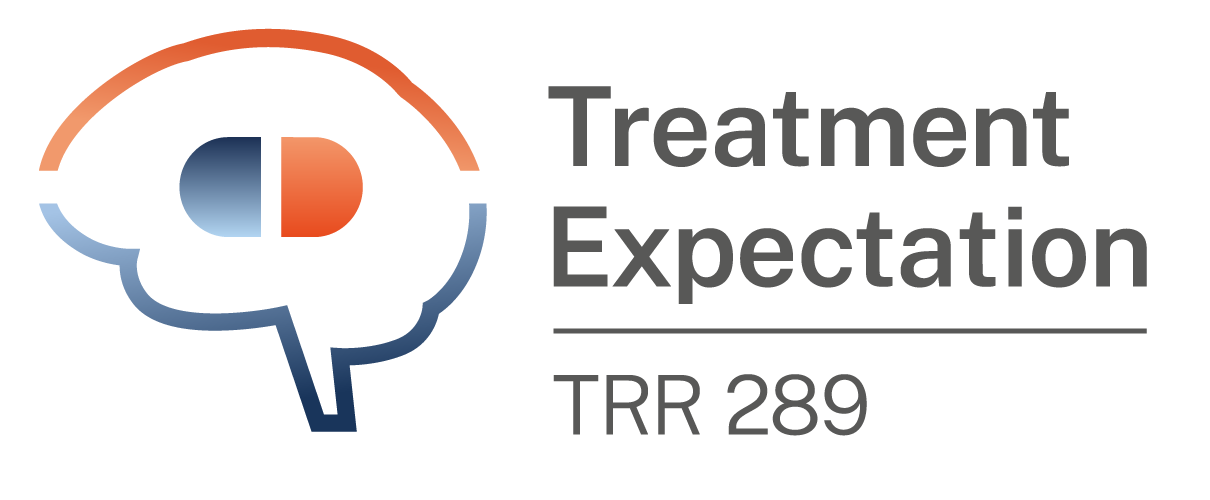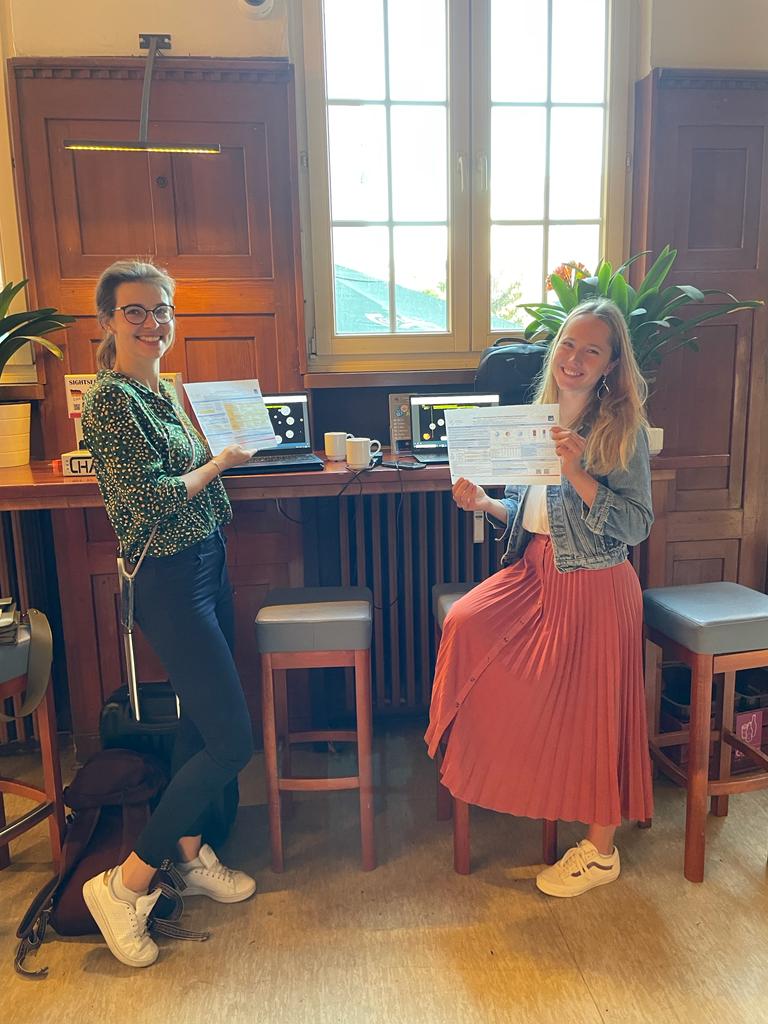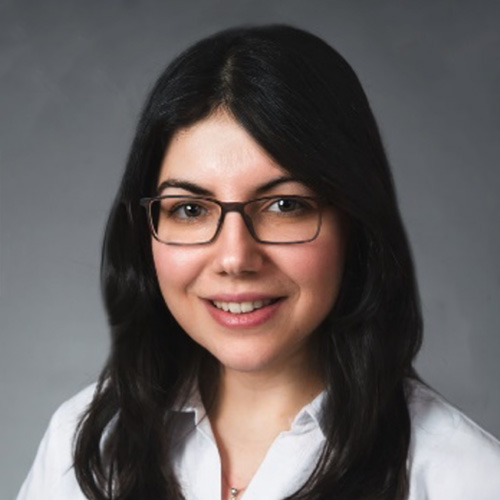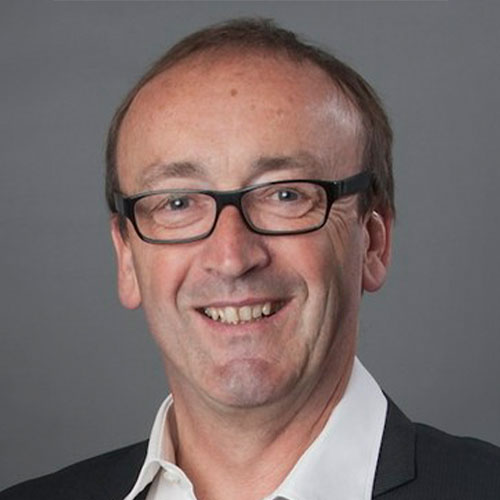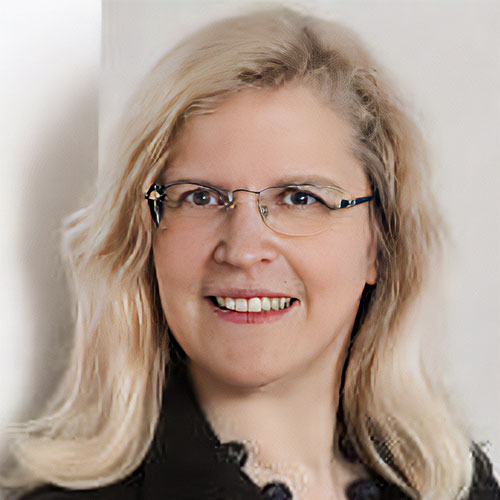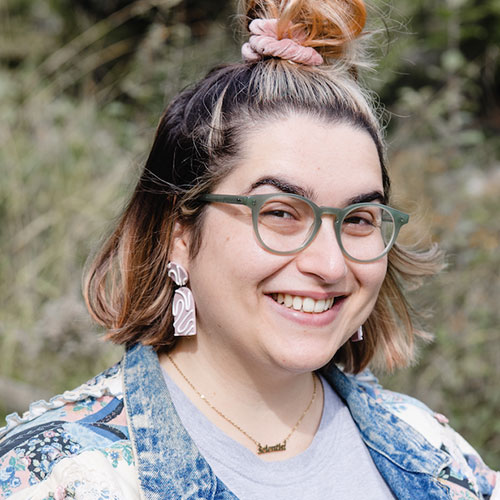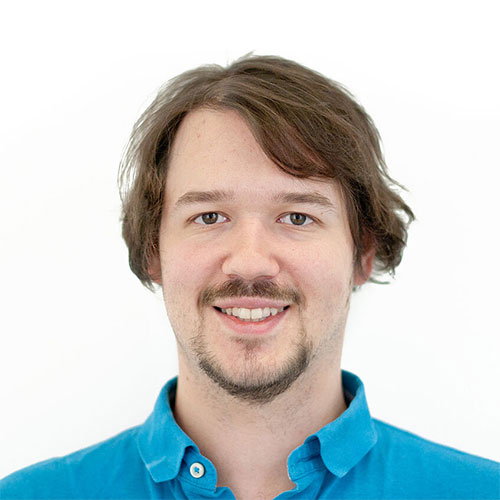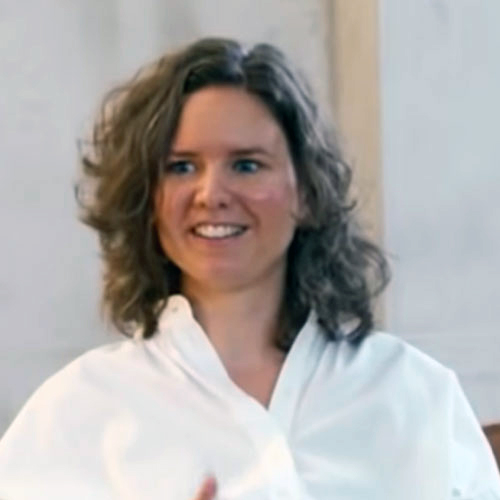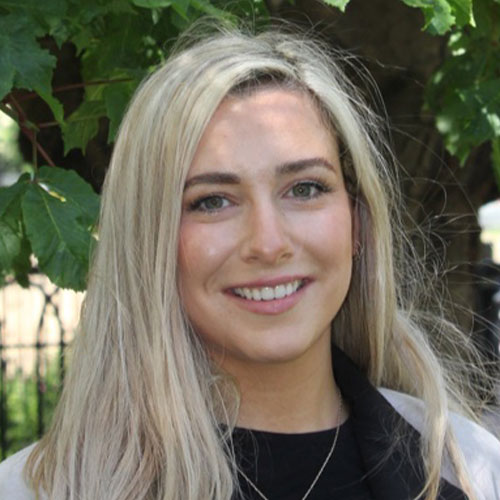The Early Career Researcher (ECR) Summer School, organized by the CRC/TRR 289 “Treatment Expectation” and preceding and connected to SIPS 2023 in Duisburg, Germany, combines theoretical lectures with active "hands-on" workshops and networking opportunities. The content has been closely coordinated with the ECRs wishes and preferences and was co-planned by the CRC/TRR 289 and the ECRs.
Alongside subject-specific basics of placebo and nocebo effects, the program will focus on practical skills such as statistics (Bayesian analysis), as well as meta-scientific skills such as open science, science communication and online presence as a scientist (e.g., social media, own website). In addition, a final discussion session will provide a framework to share issues and challenges in one's own research, both with peers and more experienced scientists. In this way, the summerschool will prepare the participants in the best possible way for participation in the SIPS and for their own scientific careers. Social events, e.g. a planned pub quiz, in the evening will round off the program and invite people to get to know each other.

